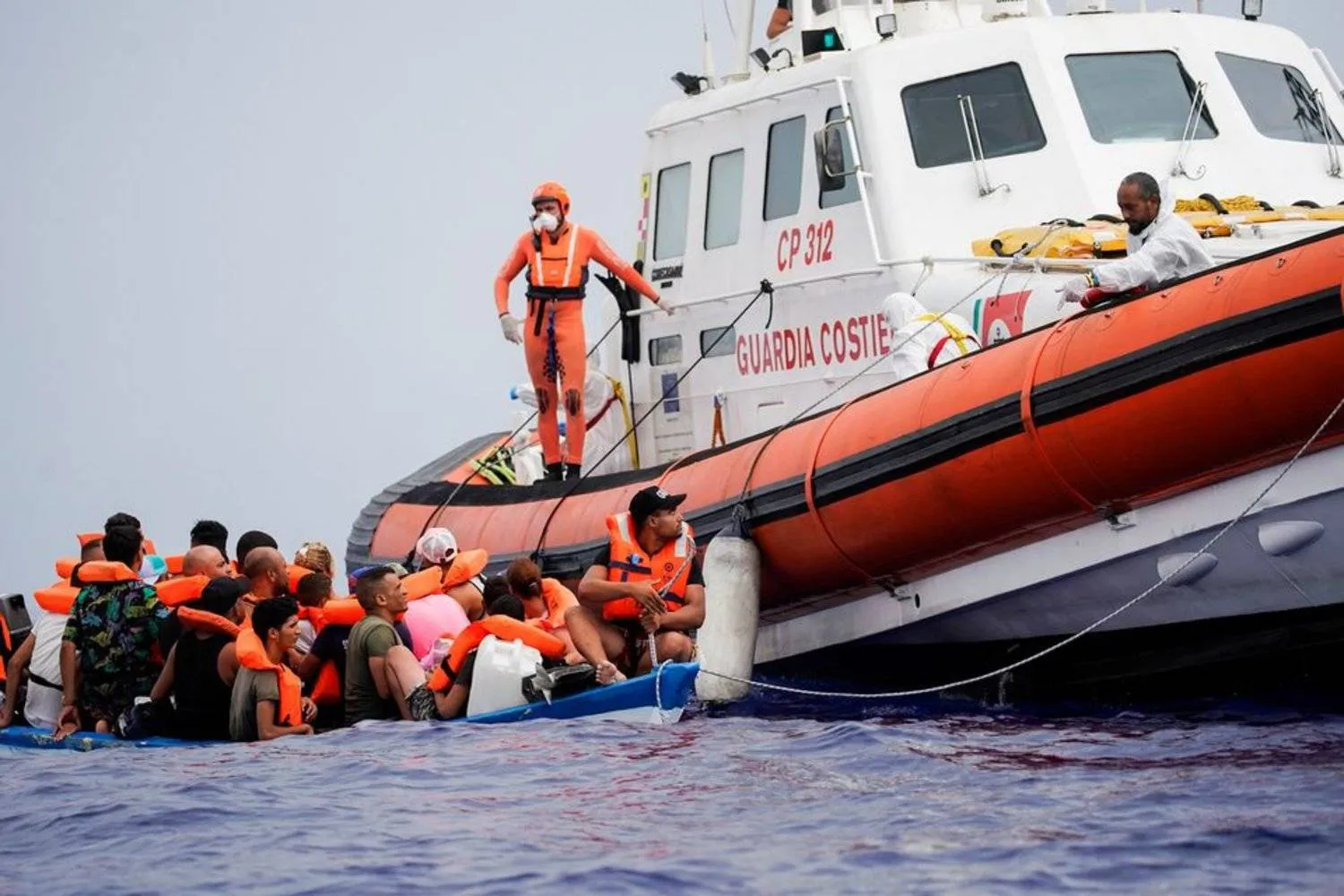Tunisia has arrested a man suspected being the organizer of a ring that smuggled migrants across the Mediterranean, including an attempted crossing in which 20 people drowned, authorities said.
The North African country, which lies just 130 kilometres (80 miles) from the Italian island of Lampedusa, has long been a favored steppingstone for migrants attempting the perilous sea journey to Europe.
Investigators in Tunisia's second city of Sfax had "arrested the organizer of clandestine crossings, who was wanted in 24 cases and had been sentenced to 79 years in prison", the national guard said Thursday on Facebook.
Italian Interior Minister Matteo Piantedosi commended the arrest "of a man suspected of being one of the main traffickers involved in departures from Sfax", the launchpad for many Europe-bound migrants.
The Tunisian national guard alleged the man was responsible for the deaths of 20 Tunisians who in September embarked on a boat from Chebba, a coastal city north of Sfax, and drowned, according to AFP.
In the first four months of 2023, the numbers of irregular crossings to Europe through the central Mediterranean soared almost 300 percent compared with the same period last year, with almost 42,200 entries detected, according to the European Union's border agency Frontex.
It noted "a rise of 1,100 percent compared to last year" in sea journeys from Tunisia alone.
In recent weeks however the flow of migrants from Tunisia has diminished due to weather conditions in the Mediterranean.
The national guard said it had intercepted or rescued 14,406 migrants in the first three months of 2023, with just over 1,200 of them Tunisians and the rest from other parts of Africa.
Attempted crossings particularly by migrants from sub-Saharan African countries have intensified since President Kais Saied made a fiery speech on February 21 claiming illegal immigration was a demographic threat to Tunisia.
Tunisia itself is in the throes of a long-running socio-economic crisis, with spiralling inflation and persistently high joblessness, pushing some of its citizens to seek a better life abroad.









